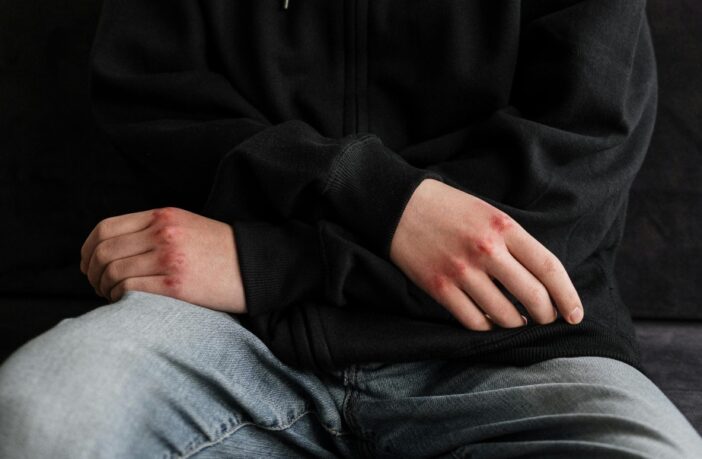In the wake of rioting far-right activists causing mayhem throughout the UK, The Open University is sharing research that could help someone worried about a family member or loved one participating in similar future events.
The findings can help assess if someone has extreme views and is the result of an OU psychology team currently working with 16 partners across Europe and beyond its borders to help people manage the development of extreme political views.
The over-arching research project, known as OppAttune, won £2.72m funding from the EU’s Horizon Europe programme last year and is particularly focused on the run-up to major political events to help promote productive democratic debate.
Dr Anthony English, a Post Doctoral Research Fellow working with the scientific coordinator of the research, Professor Kesi Mahendran, said:
“In the OppAttune project, which aims to track, attune and limit the spread of extremism, we are exploring and capturing a concept called ‘everyday extremism’.
“The idea here is that extreme narratives become part of mainstream political discourse, via on-line or in-person conversations, and become a part of the person’s everyday discussions and interactions.
“Such discourse typically involves symbolic violence against a person/group and has the potential to escalate into real-world harm if encouraged.”
Researchers have devised a series of simple questions you can ask someone if you think they are at risk of attending events that may evolve into extreme behaviour and rioting:
- Why? What are the reasons they think they need to attend the event? Does the cause they are passionate about de-humanise the other side or talk about ‘good or bad’ people?
- Where? Where is the information about the event coming from? Does the information promote the idea that the person’s group is threatened and can only be directly defended by them?
- What next? How far would they be prepared to go for the cause they are passionate about? How will these events impact on themselves, their family and their community if they become violent?
Anthony adds:
“Of course, there are no easy solutions but listening to the person’s ‘why’, understanding ‘where’ the information comes from, and exploring the ‘what next’ might just create a space for mutual understanding in these politically extreme times.”
There is also an interactive test, so if you want to learn more, visit a short OU/BBC film made for BBC’s Morning Live, which discusses the project, then click on the ‘are you extreme’ button. View both at BBC’s Morning Live
Picture by CottonBro for Pexels



